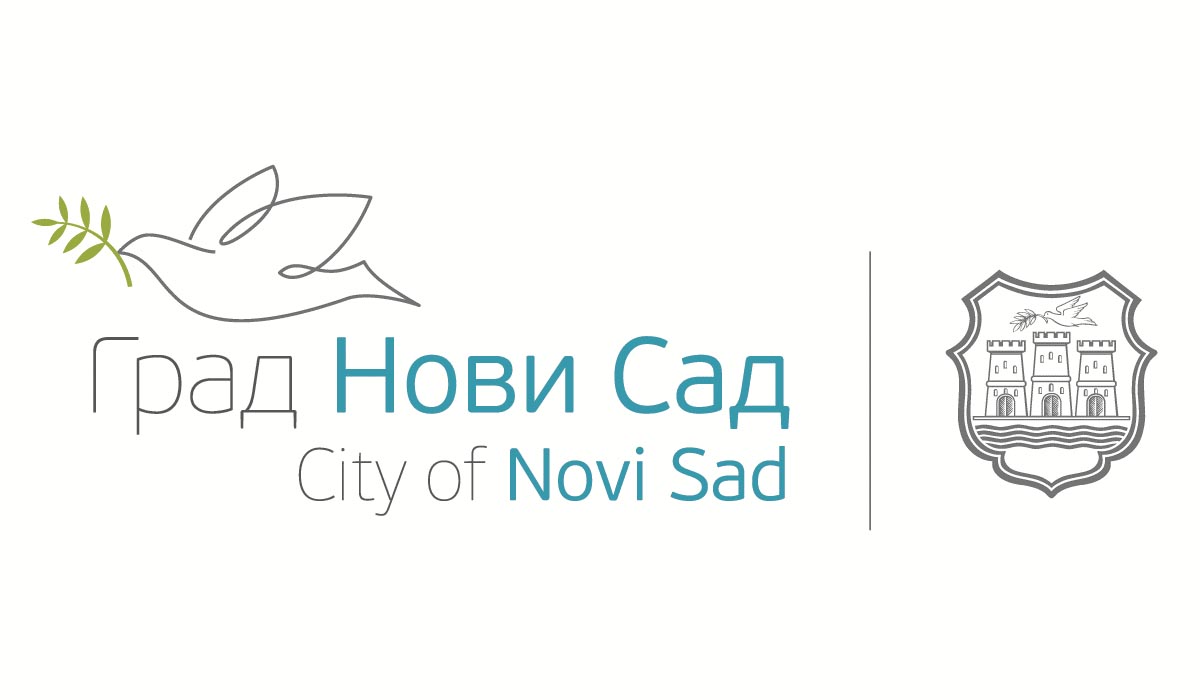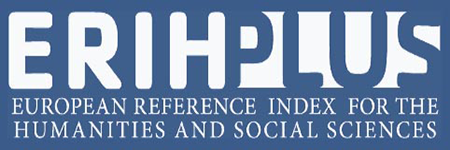STUDIES IN NELEID ANTHROPONYMY III: THE HEROIC NAME PEISISTRATOS AS A PERSONAL NAME AMONG THE GREEKS
Abstract
This paper concerns the Greek heroic name Peisistratos (Πεισίστρατος) and examines its distribution as a personal name in the ancient Greek world, from the Archaic to the Roman Imperial period. Possible reasons for choosing this heroic name for mortals have been discussed by analyzing available onomastic material from various parts of the Greek world. The geographical distribution of the name Peisistratos appears to be quite characteristic. Derived from the Greek peisi- and -stratos, the name by its meaning denotes the concept of the army and may appear as an appropriate name for a warrior. Nevertheless, the reasons for giving the heroic name Peisistratos to mortals should be sought primarily in the possible Neleid associations (Peisistratos was one of Nestor’s sons) and in the fact that it is a good Homeric name well confirmed in the Odyssey. As such, it was acceptable especially to the Ionians, and consequently popular in Attica, and we may also note the significant concentration of the name elsewhere in the Ionian world, notably in Ionia proper and in the Aegean islands. It may be noted that several of these cases refer to eminent citizens. However, since the name Peisistratos was borne by the hero prominent in the Homeric epics, it could also be acceptable as a personal name not only to the Athenians and Ionians, but also to the other Greeks as a Panhellenic personal name. Although the hero Peisistratos in Homer does not belong to the rank of the great heroes, the name could sound to the Greeks like a good heroic and warrior name and desirable, like the other names from the heroic repertoire, in the choice of names given to children. In this light, it was unsurprisingly preferred by the Rhodians, with the notable presence in other neighbouring Dorian cities (Kos, Knidos, Kalymnos), from where a significant number of attestations dates from the Classical period onwards, but primarily from the Hellenistic period.
On the other hand, the paper discusses the reasons why the name Peisistratos as a personal name eventually became unwelcome in Athens itself. Since it was borne by the famous Athenian tyrant Peisistratos and members of his family, in Athenian democracy of 5th and 4th century BC, but also in later tradition, the name became unpopular and seen as tyrannical, and therefore could be considered a bad omen. It was not the case in other parts of the Greek world, and the name Peisistratos might have been given as a historical name, just after the famous Athenian Peisistratos.












